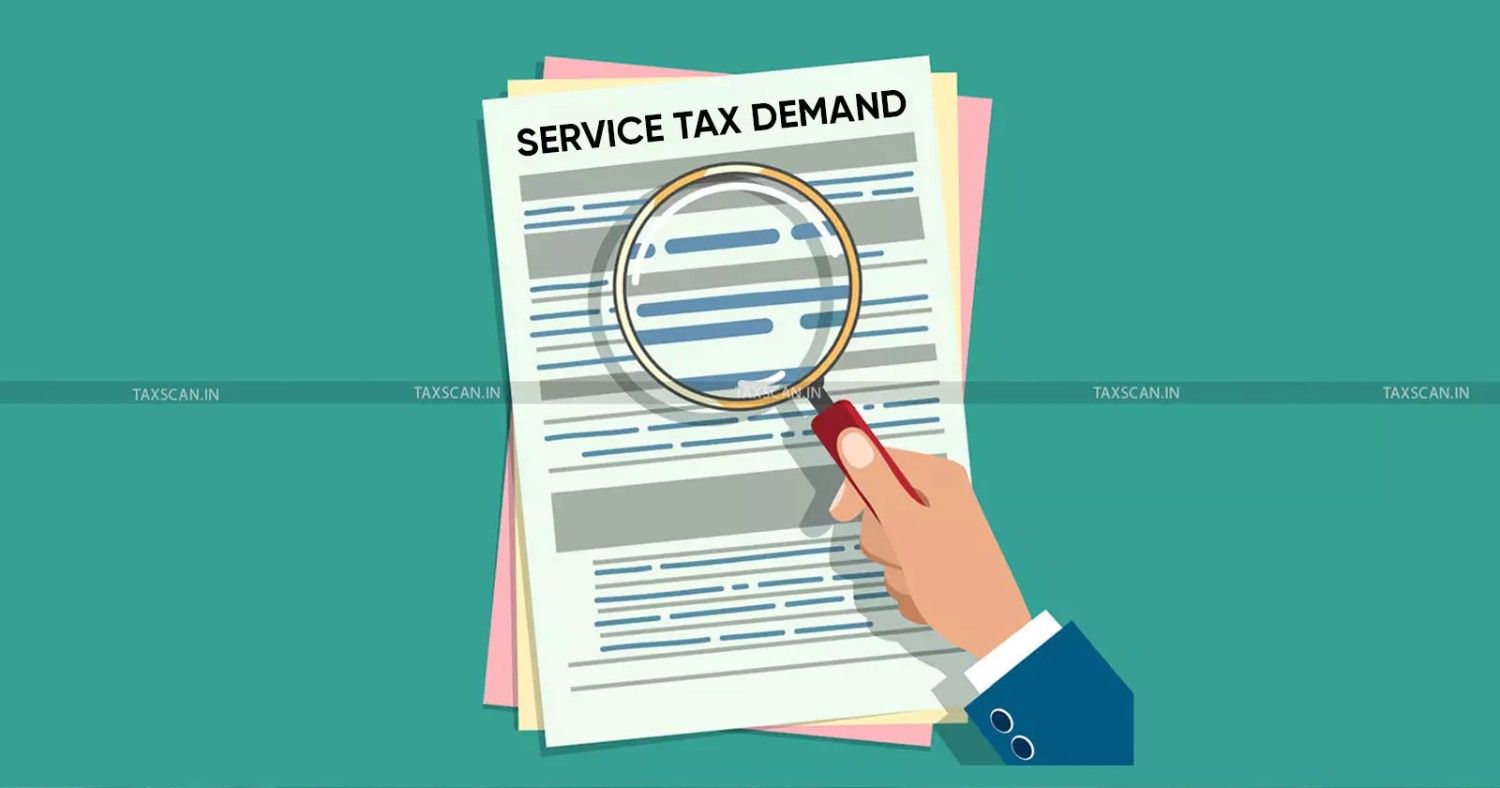Legal Uncertainty Over Service Tax Liability for Municipal Council Renting Out Properties: CESTAT Quashes Extended Limitation [Read Order]
CESTAT held that there is legal uncertainty on the taxability of renting of immovable property by a municipal council, so the extended period of limitation cannot be invoked.
![Legal Uncertainty Over Service Tax Liability for Municipal Council Renting Out Properties: CESTAT Quashes Extended Limitation [Read Order] Legal Uncertainty Over Service Tax Liability for Municipal Council Renting Out Properties: CESTAT Quashes Extended Limitation [Read Order]](https://images.taxscan.in/h-upload/2025/10/15/2096869-service-tax-liability-taxscan.webp)
The Chandigarh Bench of the Customs, Excise, and Service Tax Appellate Tribunal (CESTAT) ruled that the extended period of limitation cannot be invoked when there is legal uncertainty or conflicting judicial opinions regarding the taxability of renting of immovable property by a municipal council.
The Municipal Council, Fatehgarh Churian, the appellant, was engaged in providing taxable services under the category of "Renting of Immovable Property Services" as defined under Section 65(105)(zzzz) of the Finance Act, 1994.
The department alleged that the appellant had received rent from leasing municipal properties between July 2007 and December 2010 but had not paid service tax or registered under the service tax law.
 Also Read:'Input' Not 'Capital Good' under Cenvat Rules: CESTAT Upholds CENVAT Credit on Dredger [Read Order]
Also Read:'Input' Not 'Capital Good' under Cenvat Rules: CESTAT Upholds CENVAT Credit on Dredger [Read Order]
Based on this allegation, a show-cause notice was issued demanding service tax along with interest and penalties. The Adjudicating Authority confirmed a demand of Rs. 7,10,469 after granting cum-tax benefit. On appeal, the Commissioner (Appeals) reduced the demand to Rs. 6,11,589 and modified the penalties. Dissatisfied with this decision, the appellant filed an appeal before the CESTAT.
The appellant’s counsel argued that the demand was time-barred as the extended period of limitation was wrongly invoked. They submitted that the appellant, being a statutory body constituted under the Punjab Municipal Act, 1911, functioned under the control of the state government and was under a bona fide belief that its activities did not attract service tax.
The counsel argued that the levy on renting of immovable property was itself under constitutional challenge and had been held unconstitutional by the Delhi High Court in Home Solution Retail India Ltd. v. Union of India.
The revenue’s counsel argued that the appellant had collected rent regularly but failed to obtain registration or pay service tax. It was contended that such conduct justified invoking the extended period of limitation.
 Also Read:CESTAT Sets Aside Service Tax Demand on Fixed Facility Charges, allows Inox Air Products Appeal [Read Order]
Also Read:CESTAT Sets Aside Service Tax Demand on Fixed Facility Charges, allows Inox Air Products Appeal [Read Order]
The two-member bench comprising S.S. Garg (Judicial Member) and P. Anjani Kumar (Technical Member) examined the facts and observed that the demand pertained to a period when the levy of service tax on renting of immovable property was under dispute and subject to conflicting judicial opinions.
The tribunal explained that during this period, there was genuine interpretational doubt, as courts across the country had given differing views on the validity of the levy. Referring to the Supreme Court’s decision in Continental Foundation Joint Venture v. CCE, Chandigarh-I, the bench observed that when an issue involves interpretation or conflicting judgments, the extended period of limitation cannot be invoked.
The tribunal pointed out that the retrospective amendment introduced by the Finance Act, 2010 added to the uncertainty and that the appellant’s belief that the tax was not payable was bona fide. The tribunal set aside the impugned order and allowed the appeal, holding that the demand, interest, and penalties were unsustainable.
Support our journalism by subscribing to Taxscan premium. Follow us on Telegram for quick updates


